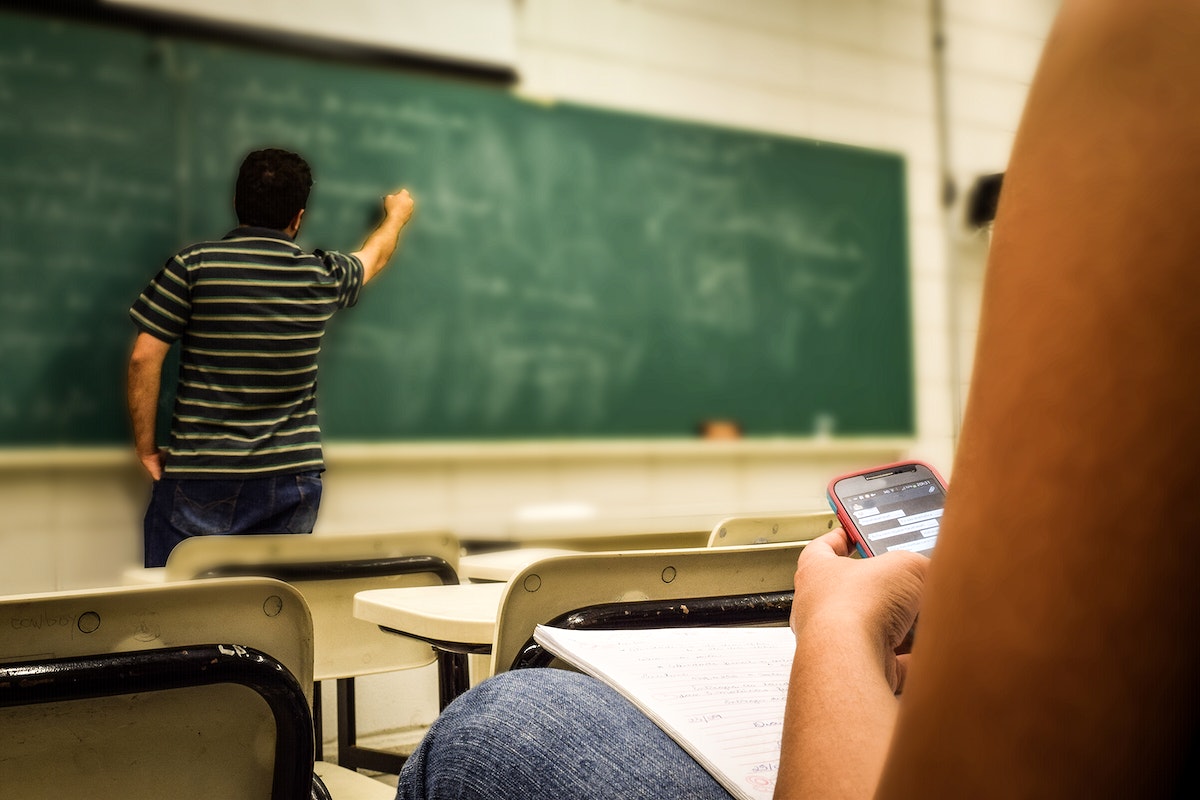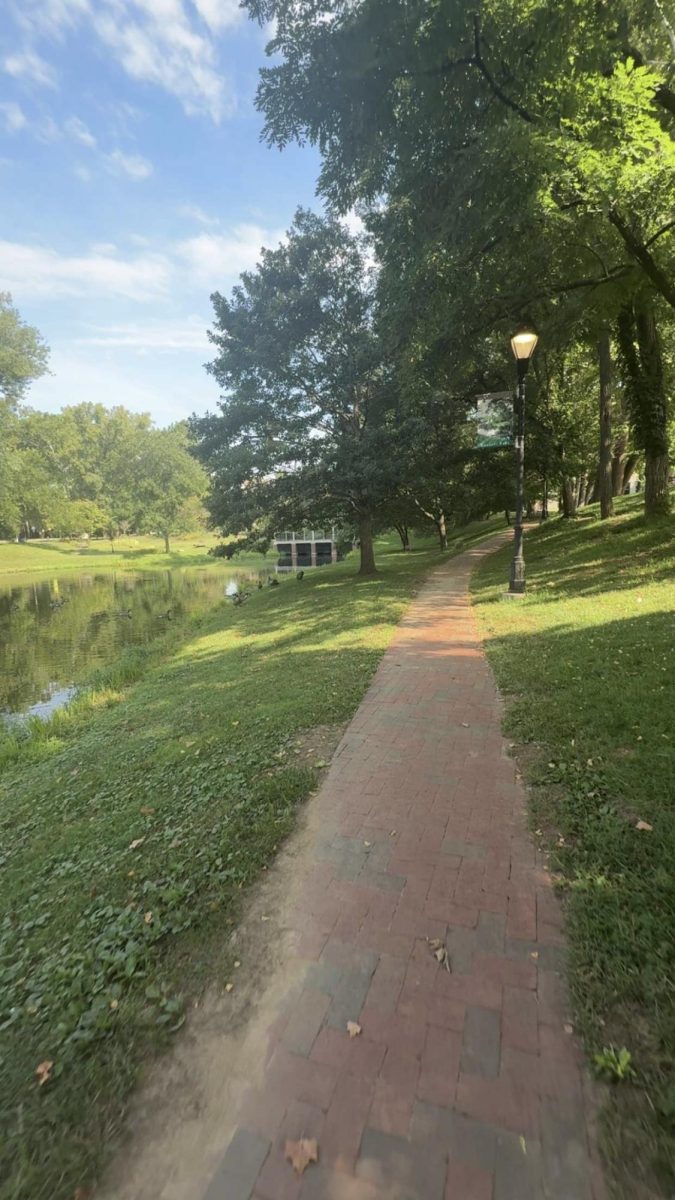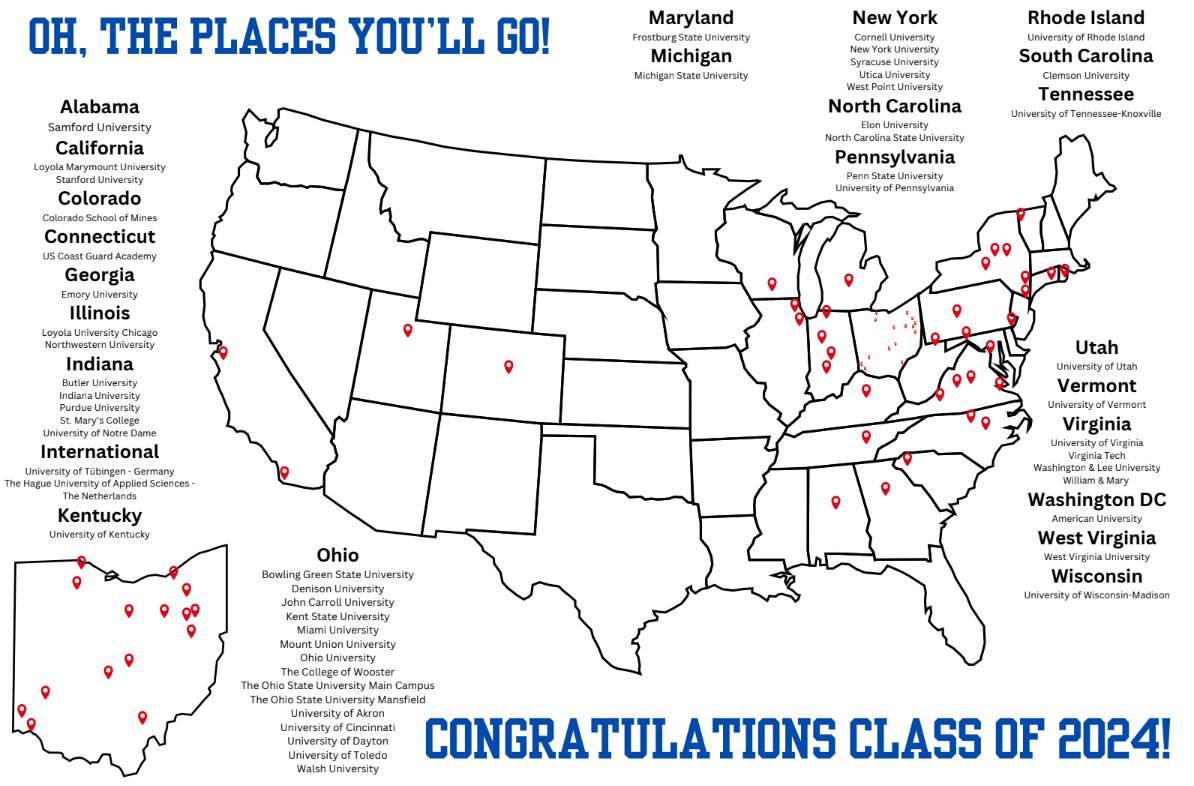When we are young, we are still growing and finding ourselves, with the stress of preparing for the future in the back of our minds. The skills learned while traveling can aid this growth and teach things that can be applied in the up-in-coming work world. While in high school, there are breaks throughout the year that give us freedom to do what we want without the responsibility of having school the next day. This leaves time to get out of town, have a change of scenery and see the world for all it has to offer.
Seeing different places and being immersed in different cultures develops cultural sensitivity, which is the ability to understand and respect the diversity of existing cultures. Instead of going by the cultural norm they’re used to, a traveler would be able to tell from personal experiences what people from a particular area are like. Taking trips to different countries allows people to immerse themselves in a new world, to go through the day surrounded by local people while learning and respecting their history, language, customs and traditions. Understanding these different aspects can show a young person how the world works up close and broaden their awareness of it.
Some may argue that traveling outside of the country is not worth it. There is so much beauty to see in our own country, and many benefits to be gained while doing it, but young travelers should spend their youth seeing what the whole world has to offer. They can apply what they learn from their trip while they are still growing. From the experiences and time spent in other countries, skills can be gained that young people can apply in their future lives. Any time is a good time to travel, but if given the choice, seeing what there is to offer outside of our country is the best way to travel.
These trips require interaction and develop communications skills while expanding cultural understanding, building the confidence of a young traveler without them even knowing. From trying to decipher public transportation to ordering food in a different language, the traveler will overcome these obstacles and further demonstrate the idea that they can do things despite challenges. According to Megan Jerrad, writing for mappingmegan.com, “The more we act outside of our comfort zone, the stronger our self-confidence becomes, because we constantly have to learn. And learning is often the key to strengthening our self-confidence.”
Despite the discomfort, these situations have many benefits if the traveler decides to take part in them. Even if they opt for non-verbal communication, the same benefits are reached because it’s another way to work around the language barrier.
The act of getting out of that established comfort zone is one that is experienced often while traveling. As young people, we have a small comfort zone, being that all our time is spent doing the same thing with the same people. Whether it be at school, sports, a job, or just in the community, we have become comfortable with our daily norms and the idea of breaking away from them can cause worry. This is because we have grown accustomed to a certain way of acting in our daily life, we know what works and we stick to it. Traveling to new places with different people who belong to a different culture, who’s normal day is completely different, this familiarity is stripped away. It can be scary but teaches a young traveler that they can connect with people despite differences, which is a concept that can be applied to their life forever.
In an article written by Basheera Agyman, from dailyevergreen.com, she explained, “Traveling outside your comfort zone and geographical location enhances your knowledge about distinct cultures. This is important when relating to others socially, especially in a place like “melting pot” America.” The ability to connect with people regardless of differences is key to getting along with peers in day-to-day social life. We are surrounded by all different kinds of people with unique backgrounds and personalities, but group projects are inevitable and the ability to succeed can be derived from a young traveler’s experiences.
By the time a break comes around from school, energy levels are low and a trip can look more like work. Even though it does require planning, traveling can recharge that energy level and leave a young person with newly found happiness. A study was done by Harvard Business Review (hbr.org) surrounding the connection between travel and happiness as well as the effect of travel upon stress and energy. Their findings were based on a 34-item survey answered by a group of 414 travelers. They concluded that a well organized vacation can make you happier and less stressed when you return. The survey claimed that 94% of the participants had much more energy after coming back from a good trip and 55% retired with even higher levels of energy than before the trip.
Though traveling and seeing new places comes with many benefits, the ability to have a positive experience while on a trip comes from personal preference. If you prefer, spend most of their time relaxing, sitting on the beach and swimming under the sun. Others prefer to rush around big cities, learning all they can about this new place. The perfect trip is when there is a mixture of both. Spend plenty of time unwinding and recharging, but don’t forget to talk to new people and make the most of the experience by truly understanding the uniqueness of the place you chose to visit.


























